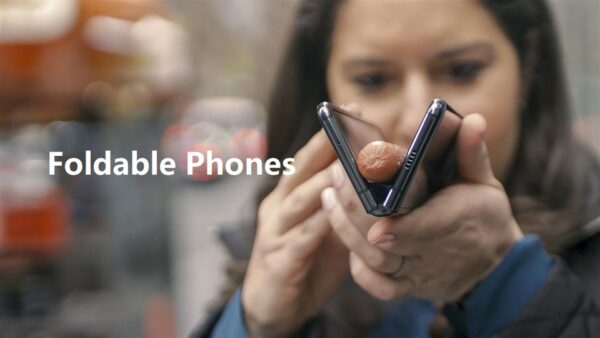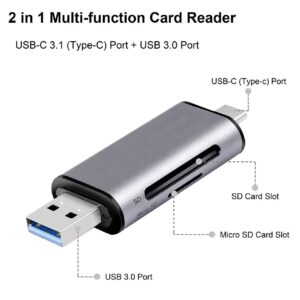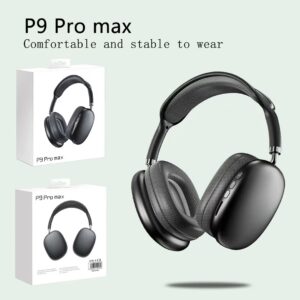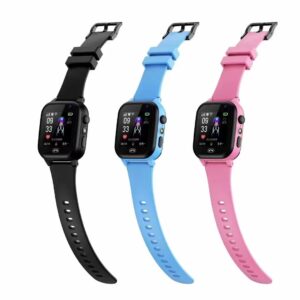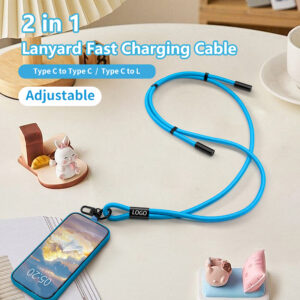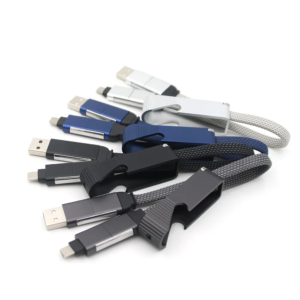ਸਮਾਰਟਫੋਨ ਦੀ ਵਿਸਫੋਟਕ ਵਾਧਾ 2007 ਵਿੱਚ ਸ਼ੁਰੂ ਹੋਇਆ ਜਦੋਂ ਐਪਲ ਨੇ ਆਈਫੋਨ ਜਾਰੀ ਕੀਤਾ। ਉਸ ਸਮੇਂ, ਐਂਡਰੌਇਡ ਕੈਂਪ ਵਿੱਚ ਹਾਰਡਵੇਅਰ ਲੀਡਰ ਹਮੇਸ਼ਾਂ ਐਚਟੀਸੀ ਸੀ, ਅਤੇ ਸਾਫਟਵੇਅਰ ਲੀਡਰ, ਬੇਸ਼ਕ, ਗੂਗਲ ਸੀ। ਇਸ ਤੋਂ ਬਾਅਦ, ਪਰਫਾਰਮੈਂਸ ਤੋਂ ਲੈ ਕੇ ਸਕ੍ਰੀਨ ਤੱਕ, ਕੈਮਰੇ ਤੱਕ, ਚਾਰਜਿੰਗ ਸਪੀਡ ਤੱਕ, ਅਜਿਹੀਆਂ ਤਕਨੀਕਾਂ ਦੀਆਂ ਲਹਿਰਾਂ ਆਈਆਂ ਹਨ ਜੋ ਥੋੜ੍ਹੇ ਸਮੇਂ ਲਈ ਫਾਇਦਾ ਬਣ ਸਕਦੀਆਂ ਹਨ। ਕੁਝ ਕੰਪਨੀਆਂ ਨੇ ਸ਼ਾਨਦਾਰ ਸ਼ੁਰੂਆਤ ਕੀਤੀ, ਪਰ ਫਿਰ ਪਿੱਛੇ ਪੈ ਗਈ; ਕੁਝ ਕੰਪਨੀਆਂ ਨੇ ਮਜ਼ਬੂਤ ਵਾਧਾ ਬਰਕਰਾਰ ਰੱਖਿਆ ਹੈ, ਪਰ 2019 ਤੋਂ ਬਾਅਦ, ਵਾਧਾ ਕਾਫ਼ੀ ਹੌਲੀ ਹੋ ਗਿਆ ਹੈ।
ਇਸ ਸਮੇਂ, ਬਹੁਤ ਸਾਰੇ ਨਿਰਮਾਤਾਵਾਂ ਨੇ ਆਪਣੇ ਵਿਕਰੀ ਪੁਆਇੰਟਾਂ ਨੂੰ ਵਧਾਉਣ ਲਈ ਕੁਝ ਗੈਰ-ਵਿਵਹਾਰਕ ਕੋਨਿਆਂ ਵਿੱਚ ਬਹੁਤ ਸਾਰਾ ਪੈਸਾ ਖਰਚ ਕਰਨਾ ਸ਼ੁਰੂ ਕਰ ਦਿੱਤਾ. ਕੁਝ ਲੋਕ ਇਸ ਨੂੰ ਕਹਿੰਦੇ ਹਨ “ਸਮਾਰਟਫੋਨ ਉਦਯੋਗ ਵਿੱਚ ਸ਼ਮੂਲੀਅਤ”.
ਉਦਾਹਰਨ ਲਈ, ਮੈਂ ਚਾਰਜਿੰਗ ਪਾਵਰ ਨੂੰ ਸਖ਼ਤ ਤੌਰ 'ਤੇ ਵਧਾ ਦਿੱਤਾ ਹੈ, ਅਤੇ ਹੁਣ ਇਹ 120 ਵਾਟਸ ਤੱਕ ਵੱਧ ਗਿਆ ਹੈ, ਜਿਸ ਨੂੰ 15 ਮਿੰਟਾਂ ਵਿੱਚ ਜ਼ੀਰੋ ਤੋਂ ਪੂਰੀ ਤਰ੍ਹਾਂ ਚਾਰਜ ਕੀਤਾ ਜਾ ਸਕਦਾ ਹੈ। ਹਾਲਾਂਕਿ ਤੇਜ਼ੀ ਨਾਲ ਚਾਰਜ ਕਰਨਾ ਅਸਲ ਵਿੱਚ ਵਧੇਰੇ ਸੁਵਿਧਾਜਨਕ ਹੈ, ਉਪਭੋਗਤਾਵਾਂ ਕੋਲ ਘੱਟ ਹੀ ਘੱਟ ਹੀ ਫੋਨ ਨੂੰ ਦਸ ਮਿੰਟਾਂ ਵਿੱਚ ਚਾਰਜ ਕਰਨ ਦੀ ਜ਼ੋਰਦਾਰ ਮੰਗ ਹੁੰਦੀ ਹੈ, ਅਤੇ ਇਹ ਵਿਸ਼ੇਸ਼ਤਾ ਬਿਨਾਂ ਕੀਮਤ ਦੇ ਨਹੀਂ ਹੈ। ਭਾਵੇਂ ਤੁਸੀਂ ਇਸ ਫੰਕਸ਼ਨ ਦੁਆਰਾ ਕੀਤੇ ਗਏ ਮੁੱਲ ਦੇ ਬਦਲਾਅ ਦਾ ਜ਼ਿਕਰ ਨਹੀਂ ਕਰਦੇ ਹੋ, ਬਸ ਬੈਟਰੀ 'ਤੇ ਨਜ਼ਰ ਮਾਰੋ, ਕਿਉਂਕਿ ਇਹ ਉੱਚ-ਪਾਵਰ ਚਾਰਜਿੰਗ ਲਈ ਤਿਆਰ ਕੀਤੀ ਗਈ ਹੈ, ਊਰਜਾ ਦੀ ਘਣਤਾ ਘੱਟ ਜਾਂਦੀ ਹੈ। ਅਸਲ ਵਿੱਚ, ਉਹੀ ਵਾਲੀਅਮ ਇੱਕ 5000mAh ਬੈਟਰੀ ਦਾ ਸਮਰਥਨ ਕਰ ਸਕਦਾ ਹੈ। 120W ਨੂੰ ਤੇਜ਼ੀ ਨਾਲ ਚਾਰਜ ਕਰਨ ਲਈ, ਬੈਟਰੀ ਦੀ ਸਮਰੱਥਾ ਨੂੰ 4000mAh ਤੱਕ ਘਟਾਉਣਾ ਪਿਆ, ਇਸ ਲਈ ਬੈਟਰੀ ਦੀ ਉਮਰ ਵੀ ਘੱਟ ਗਈ।
ਵਿਗੜ ਰਹੇ ਮੁਕਾਬਲੇ ਦਾ ਸਭ ਤੋਂ ਸਪੱਸ਼ਟ ਸੰਕੇਤ ਮੁਨਾਫ਼ੇ ਦੇ ਮਾਰਜਿਨ ਵਿੱਚ ਕਮੀ ਹੈ। ਅੱਜ, 2,000 CNY ਤੋਂ ਵੱਧ ਵਾਲੇ ਬਹੁਤ ਸਾਰੇ ਮੋਬਾਈਲ ਫੋਨ ਅਸਲ ਵਿੱਚ ਬਹੁਤ ਉੱਚ-ਪ੍ਰੋਫਾਈਲ ਹਨ, ਇਹ ਨਿਰਮਾਤਾਵਾਂ ਦੀਆਂ ਲਾਚਾਰ ਕਾਰਵਾਈਆਂ ਹਨ। ਇਸ ਲਈ ਅੱਜ ਅਸੀਂ ਇਹ ਵੀ ਦੇਖਦੇ ਹਾਂ ਕਿ ਬਹੁਤ ਸਾਰੇ ਮੋਬਾਈਲ ਫੋਨ ਨਿਰਮਾਤਾ ਨਵੇਂ ਬਾਜ਼ਾਰ ਲੱਭਣ ਦੀ ਕੋਸ਼ਿਸ਼ ਕਰ ਰਹੇ ਹਨ, ਅਤੇ ਸਭ ਤੋਂ ਪ੍ਰਸਿੱਧ ਲੋਕ ਇਲੈਕਟ੍ਰਿਕ ਵਾਹਨਾਂ ਅਤੇ ਚਿਪਸ ਵੱਲ ਮੁੜ ਰਹੇ ਹਨ।
ਫੋਲਡਿੰਗ ਸਕਰੀਨ ਮੋਬਾਈਲ ਫੋਨ ਮੁਕਾਬਲੇ ਵਿੱਚ ਨਵੇਂ ਬਦਲਾਅ ਲਿਆਉਂਦੀ ਹੈ
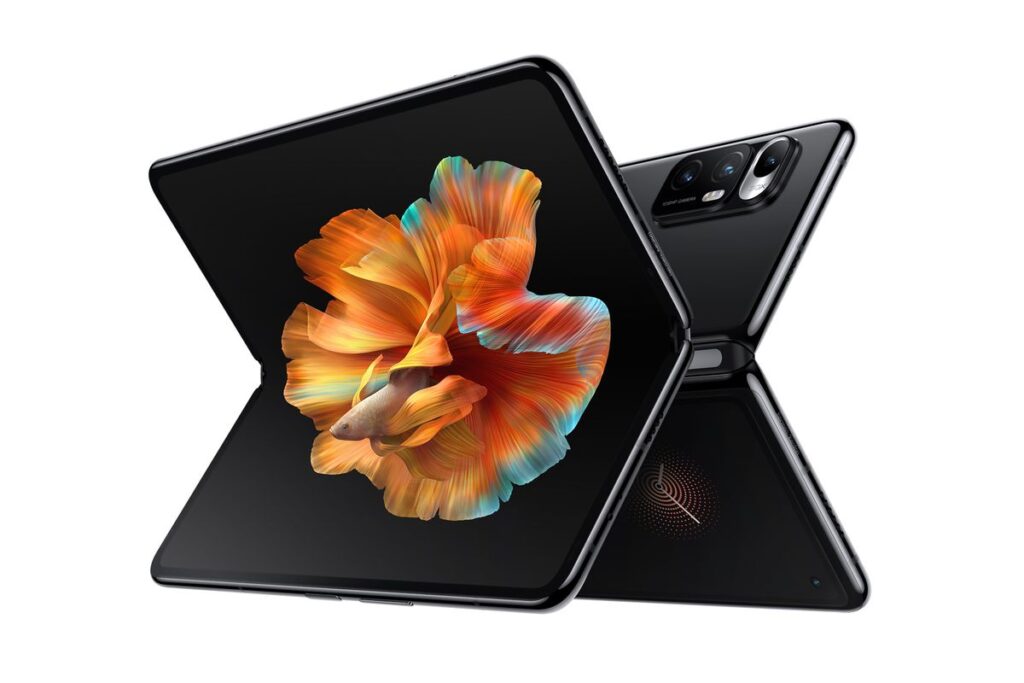
ਹਾਲਾਂਕਿ, 2022 ਤੋਂ ਸ਼ੁਰੂ ਹੋਣ ਵਾਲੇ, ਮੋਬਾਈਲ ਫੋਨ ਮੁਕਾਬਲੇ ਵਿੱਚ ਇੱਕ ਵਧੀਆ ਰੁਝਾਨ ਹੋਵੇਗਾ, ਕਿਉਂਕਿ ਇੱਕ ਨਵਾਂ ਖੇਤਰ ਖੁੱਲ੍ਹਿਆ ਹੈ, ਯਾਨੀ ਫੋਲਡਿੰਗ ਸਕ੍ਰੀਨ। ਇਸ ਦਿਸ਼ਾ ਵਿੱਚ ਮੁਕਾਬਲਾ ਅਸਥਾਈ ਤੌਰ 'ਤੇ ਮੋਬਾਈਲ ਫੋਨ ਉਦਯੋਗ ਵਿੱਚ ਨਵੀਨਤਾ ਦੀ ਕਮੀ ਨੂੰ ਦੂਰ ਕਰੇਗਾ। ਕਿਉਂਕਿ ਫੋਲਡਿੰਗ ਸਕ੍ਰੀਨ ਮੋਬਾਈਲ ਫੋਨ ਦੇ ਸੌਫਟਵੇਅਰ ਅਤੇ ਹਾਰਡਵੇਅਰ ਵਿੱਚ ਬਹੁਤ ਸਾਰੀਆਂ ਦਿਲਚਸਪ ਤਬਦੀਲੀਆਂ ਲਿਆਏਗੀ, ਜਿਵੇਂ ਕਿ ਇੱਕ ਮੋਬਾਈਲ ਫੋਨ ਨੂੰ ਸਕ੍ਰੈਚ ਤੋਂ ਮੁੜ ਡਿਜ਼ਾਈਨ ਕਰਨਾ।
ਫੋਲਡਿੰਗ ਸਕ੍ਰੀਨ ਮੋਬਾਈਲ ਫੋਨਾਂ ਦਾ ਪਹਿਲਾ ਸਾਲ 2019 ਹੈ। ਉਸ ਸਾਲ ਦੇ ਸ਼ੁਰੂ ਵਿੱਚ, ਸੈਮਸੰਗ ਨੇ ਗਲੈਕਸੀ ਫੋਲਡ ਦੀ ਘੋਸ਼ਣਾ ਕੀਤੀ ਸੀ। ਹਾਲਾਂਕਿ, ਲਾਂਚ ਤੋਂ ਪਹਿਲਾਂ ਮੀਡੀਆ ਨੂੰ ਪ੍ਰਚਾਰ ਲਈ ਭੇਜੇ ਗਏ ਜ਼ਿਆਦਾਤਰ ਪ੍ਰੋਟੋਟਾਈਪਾਂ ਵਿੱਚ ਸਕ੍ਰੀਨ ਟੁੱਟਣ ਦੀ ਸਮੱਸਿਆ ਸੀ। ਨਤੀਜੇ ਵਜੋਂ, ਭੌਤਿਕ ਵਿਗਿਆਨ ਅਤੇ ਮਕੈਨੀਕਲ ਢਾਂਚੇ ਵਿੱਚ ਹੋਰ ਸਫਲਤਾਵਾਂ ਕਰਨ ਅਤੇ ਤਾਕਤ ਦਾ ਪ੍ਰਦਰਸ਼ਨ ਕਰਨ 'ਤੇ ਧਿਆਨ ਦੇਣ ਦਾ ਮੌਕਾ ਖਰਾਬ ਹੋ ਗਿਆ, ਅਤੇ ਅਧਿਕਾਰਤ ਉਤਪਾਦ ਰਿਲੀਜ਼ ਨੂੰ ਮੁਲਤਵੀ ਕਰਨਾ ਪਿਆ। ਪਿਛਲਾ.
ਹੁਆਵੇਈ ਮੇਟ ਐਕਸ ਨਾਲ ਵੀ ਅਜਿਹਾ ਹੀ ਹੋਇਆ। ਦੋਵਾਂ ਬ੍ਰਾਂਡਾਂ ਨੇ ਆਪਣੇ ਪਹਿਲੇ ਫੋਲਡਿੰਗ-ਸਕ੍ਰੀਨ ਫੋਨਾਂ ਨੂੰ ਹਾਈ ਪ੍ਰੋਫਾਈਲ ਵਿੱਚ ਰਿਲੀਜ਼ ਕੀਤਾ, ਪਰ ਫਿਰ ਅੱਧੇ ਸਾਲ ਲਈ ਅਧਿਕਾਰਤ ਉਤਪਾਦ ਰਿਲੀਜ਼ ਵਿੱਚ ਦੇਰੀ ਕੀਤੀ। ਹੋਰ ਬ੍ਰਾਂਡਾਂ ਕੋਲ ਇੱਕ PPT ਵੀ ਨਹੀਂ ਹੈ ਜੋ ਪ੍ਰਕਾਸ਼ਿਤ ਕੀਤਾ ਜਾ ਸਕਦਾ ਹੈ।
It can be said that in the first year of folding screen mobile phones, everyone is struggling.
In 2020, Motorola, Samsung, and Huawei have launched several folding screen phones.
In 2021, Xiaomi and OPPO will also have their own folding screen phones. Among them, many models can be regarded as an improved version of the first folding screen before, such as Huawei Mate X upgraded to Xs, Samsung Galaxy Z series is a derivative of Fold.
Passing the threshold of mass production
Why will the folding screen be the main battlefield of mobile phones in the next few years? We can already see the clues today:
The previous folding screen flagship machine was priced very high, close to 20,000 CNY. But even so, mobile phone merchants are still not making money. The vice president of Meizu gave the media an account:
For a normal 5G mobile phone, the cost of the parts is calculated at 3,000 CNY. Due to the small output of the folding screen, the cost is calculated at US$200, and the cost of all components is about 5000 CNY, including the battery. Due to the special structure, many molds need to be reopened, and the design is more difficult. The R&D cost is conservatively estimated at 150 million CNY. If the sales volume is 10,000 units, the R&D cost just amortized is 15,000 CNY per unit. Plus the cost of 5,000 CNY for parts, is already 20,000 CNY, so the price of 19999 CNY is really not profitable.
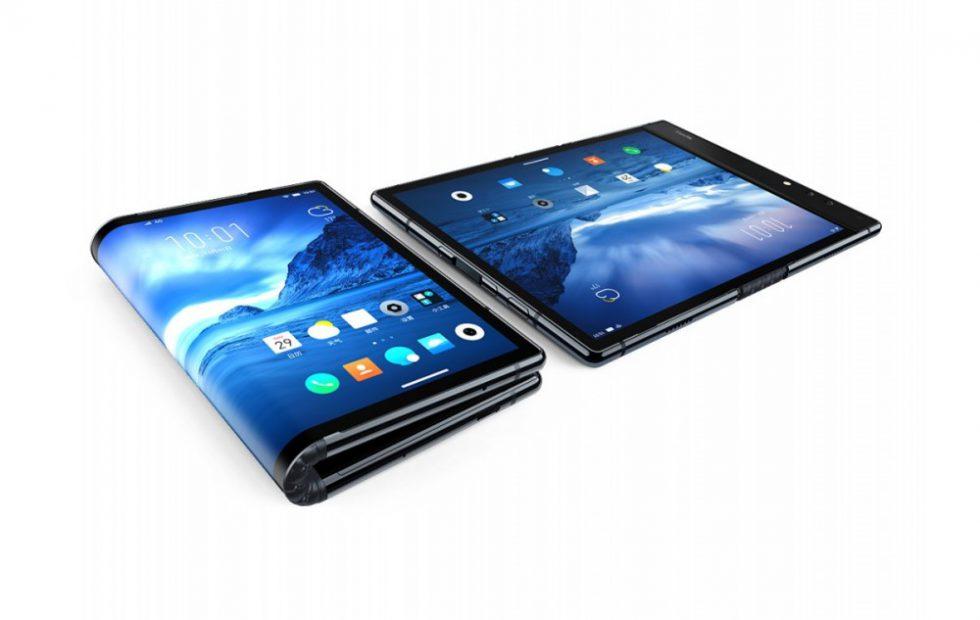
But today’s folding screen, due to the trial and error of many previous models, has matured the design of how to achieve folding, ensure the number of folding, how to control the center of gravity, etc., and the market price has dropped to six or seven thousand CNY. This is enough to show that the mass production is not 10,000 units, but the order of millions or tens of millions of units. As a result, the research and development expenses are further diluted, and each machine is only about one or two hundred CNY.
Roughly speaking, any brand new product that sells more than 10 million units a year is a sign that it will become a mainstream consumer product. And how much does a foldable phone sell? The specific sales figures are as follows:
There are currently two types of Samsung’s folding screen phones on sale, one is the Fold 3, which costs 12,000CNY; the other is the Flip 3, which costs 6,500CNY. Launched at the same time, one month later, the total sales volume of the two models exceeded 1 million units, and the total annual sales volume is expected to exceed 9 million units. In the past two years, Samsung has also launched the experimental Fold, Fold 2, and Flip, and now they are all discontinued. Among them, Fold sold a total of 500,000 units, and Fold 2 and Flip sold a total of 1.5 million units. Obviously, Samsung’s first profitable foldable phone started with the Fold 3 and Flip 3. According to news reports, Samsung plans to increase the production capacity of folding-screen phones to 25 million units per year.
Huawei sells the most in China. From Mate X to Xs to X2, a total of 2 million units have been sold, and Huawei has achieved a profit of 10 billion CNY with this series of folding screen mobile phones.
This is why OPPO recently launched the Find N folding screen phone at 7699CNY. Because in terms of reliability, availability, and cost, folding screens have just passed the threshold of mass production.
The main battlefield of future mobile phone competition
Folding screen mobile phones have better profit margins than traditional mobile phones, but at present, the specific design has not been unified in various details, so how to design the best is the main battlefield of mobile phone manufacturers in the next few years.
We can see from a design detail that does not attract everyone’s attention to see how many different choices will be made in the design of folding-screen phones. This detail is the aspect ratio of the external screen.
Folding screen mobile phones can be divided into the external screen and internal screen. The outer screen is the screen that you can see directly without unfolding, and the inner screen is the big screen you see after unfolding. And just the aspect ratio of the external screen, there can be many different technical routes.
Judging from the current trend, the aspect ratio of external screens can be divided into two major factions:
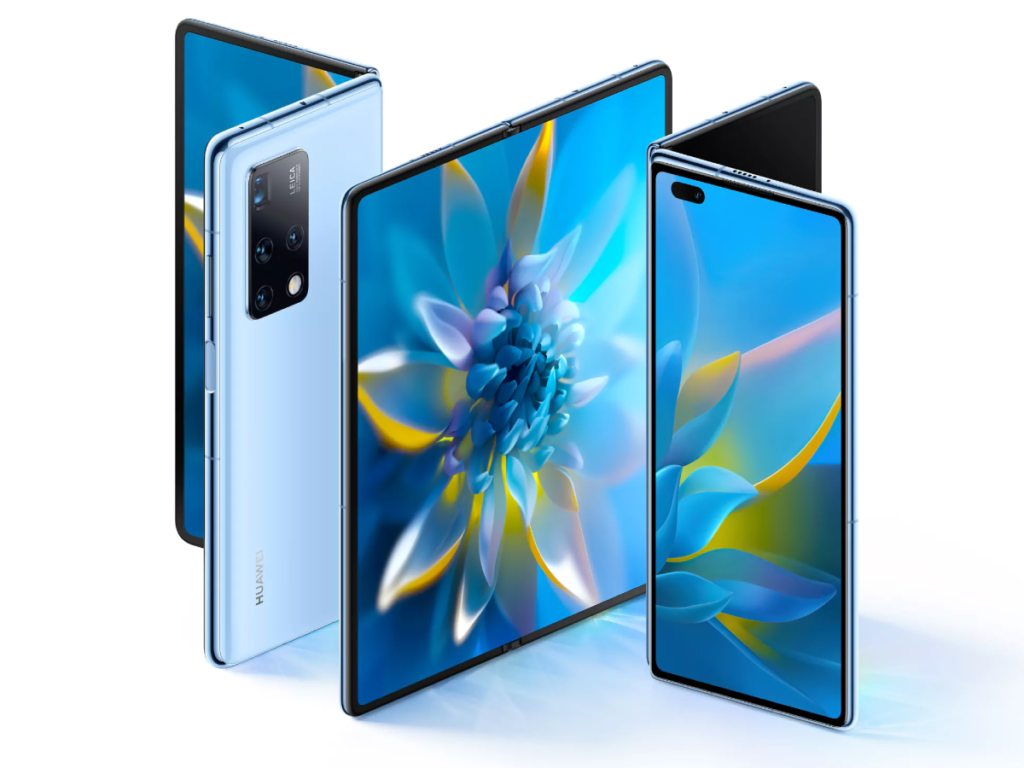
One faction is that the external screen is elongated, such as Samsung and Xiaomi’s folding screen mobile phones. The aspect ratio of the external screen is close to 3:1, which looks like a remote control. The use of the external screen is similar to that of the iPhone mini. In this design, the biggest driving force comes from the control of cost, because the cut screen wastes the least raw materials.
The other faction is that supporting an external screen feels the same as a traditional non-folding screen Android flagship, and cannot be as narrow as a remote control.
Why is the choice of external screen size so important? Because it directly determines the proportion of the inner screen after expansion and the related application design.
For example, if the external screen is elongated, then the external screen does not actually undertake the main operation but is more similar to the role of an auxiliary display of information flow. When using such a mobile phone, the most commonly used apps need to expand the screen to operate. The expanded screen ratio is close to the current tablet screen. In this way, many apps do interface design on this kind of folding screen mobile phone and directly refer to the design specifications on the tablet computer.
And what if the aspect ratio of the external screen is close to that of a traditional flagship phone? Then after the inner screen is unfolded, it happens to be the screen of two traditional flagship phones, one on the left and one on the left. Therefore, the interface design of many apps is not difficult to do, just make it into a left and right split-screen mode. For example, for Weibo, there is one column on the left and one column on the right; for e-books, there is one page on the left and right.
Although both factions are reasonable, from the perspective of the efficiency of the content displayed on the screen, the latter has a greater future.
Because the display mode of the tablet computer is still limited to the operation logic of a single window, and after a complete split-screen operation, not only the App but also the operating system can consider supporting multi-window and multitasking operations. For example, if you have two mobile phones at the same time, with WeChat on the left and Weibo on the right, wouldn’t it be more attractive? Moreover, the user experience of such a mobile phone after closing the screen is basically the same as that of a traditional flagship phone, so it is equivalent to having a traditional flagship phone and a folding screen phone at the same time.
In addition, there is still a big difficulty in folding screen mobile phones, which is how to avoid creases. 50% of this task must be undertaken by the screen, 40% by the hinge, and 10% by other designs. Not a good screen can guarantee no creases. However, none of the current screen providers has the strength to compete with Samsung, so the design of the hinge may become a breakthrough point for each company.
However, as long as there are important mechanical stress-bearing parts on a device, it will lead to a head-scratching problem, which limits the flexibility of research and development.
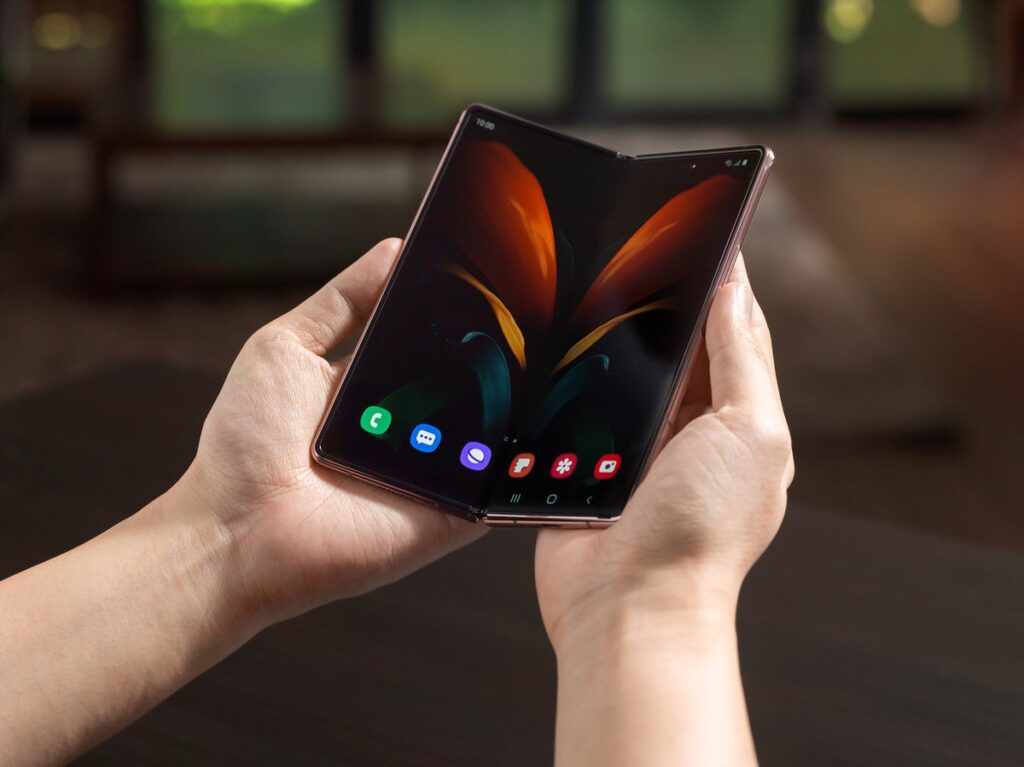
In the past, there were such unexpected situations in mobile phone research and development: the whole machine research and development took a year, and at the end, a new chip was released, with better performance and lower heat, and the pin definition was still the same as the current research and development model. The same, so you can directly upgrade to a better chip. But with the hinge, this temporary upgrade may not be possible.
Because the hinges hold the two sides of the folding screen, some also provide the function of maintaining the opening angle, and the opening and closing movements, the range and strength of the movements have not changed much after 100,000 repeated operations, so it is truly compatible with the machine. The hinge, which is well integrated, is strictly tested and developed according to the mass distribution on the left and right sides from the beginning of the design.
When the development of a folding screen mobile phone is completed, not only the model of the chip is fixed, but also the weight distribution must be fixed, which can even be accurate to the level of 0.1 gram. Even if a new chip appears at this time, it is not convenient to change the design at will, because the weight is inconsistent. For example, at the end of research and development, suddenly deciding to change to a higher-capacity battery, such a flexible adjustment, is simply impossible for a folding-screen phone, no matter how good the performance of the battery is.
For consumers, folding-screen phones will also have many new useful features.
For example, the video bullet screen does not need to float in the screen area. When you expand the inner screen, there will be a lot of black borders above and below the video, so that the bullet screen can float there. Secondly, multiple applications are opened and used at the same time, which may threaten the sales of notebooks.
Also, after unfolding the inner screen, face yourself with the back of the phone. At this time, although the inner screen is facing outward, the outer screen and the rear camera are facing you at the same time, so you can take a selfie with the rear camera. It’s much better than shooting with the front-facing camera. In addition, the necessity of a mobile phone stand is not as big as it used to be. After all, half of the inner screen can support the entire mobile phone, and it is no problem to use the other half to watch videos.
Now, the battle of folding screen mobile phones has not yet started, but the big screen is about to be unveiled, and your next mobile phone is likely to be such a folding screen mobile phone.

